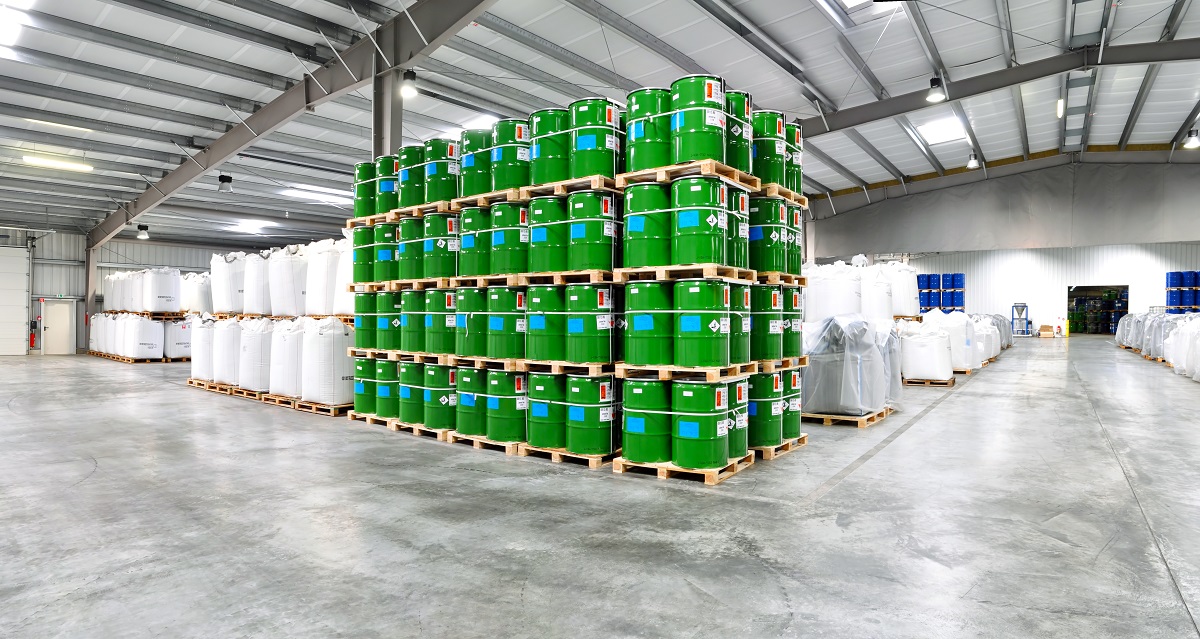The type of chemical supplier you buy solvents from can have a big impact on the range of the solvents at your disposal, and how well particular solvents match up with your cleaning requirements. In most cases, companies and organizations are better off to get solvents straight from the solvent manufacturer (a.k.a. supplier) instead of receiving them from a chemical distributor (a.k.a. vendor). Below are four important considerations that support the claim.
- Cost Effectiveness
Because a chemical distributor essentially serves as a middleman between a solvent manufacturer and customers who use the manufacturer’s products, you often pay more when purchasing solvents from a distributor. Like a manufacturer, a distributor applies a markup to the price of solvents to earn a profit. Buying straight from the manufacturer lets you avoid the distributor’s markup.
- Custom Formulations
Also known as “toll blending” and “custom mixing”, the creation of custom solvents is an essential service for companies and organizations that have complex solvent needs. Because distributors don’t manufacture their own solvents, they typically lack the capacity to perform toll blending.
Even if you don’t need a custom solvent now, you may need one in the future, as your cleaning needs expand and change, as your business grows. From the start, this is reason enough to choose a supplier that performs toll blending instead of a chemical distributor that can only offer imperfect solutions for complex solvent needs.
- Product Support
If you buy solvent, that probably means you don’t have the capacity to make your own solvents. This being the case, it also means that you would probably like to receive a high level of product support for solvent use, solvent storage, solvent recycling, etc. Because a manufacturer typically has the most in-depth understanding of its products, you generally receive the highest level of product support by going straight to the manufacturer instead of a distributor.
- Quality Control
For anything that’s manufactured, the highest level of quality control comes from overseeing the manufacturing process in-house. Third party manufacturers aren’t inherently bad; they produce some fine products, and help to lower production cost, which can lower product cost. However, if you want the greatest assurance that the solvent you buy will perform as advertised, getting it from a manufacturer that creates and tests the product is the safest move.
Make Us Your Solvent Supplier
At Ecolink, we function as more than a chemical distributor. We create our own stock solvents and produce custom solvents for customers who have unique cleaning requirements. In supplying solvents, we serve as a consultant that provides solutions that meet your current needs, and swiftly provides new solutions if and when your solvent requirements change.
To inquire about our environmentally safe and environmentally preferred, industrial grade solvents, give us a call today at (800) 563-1305, or fill out the contact form on our website. We look forward to learning about your solvent requirements and seeing what we can do to address them affordably and effectively.















